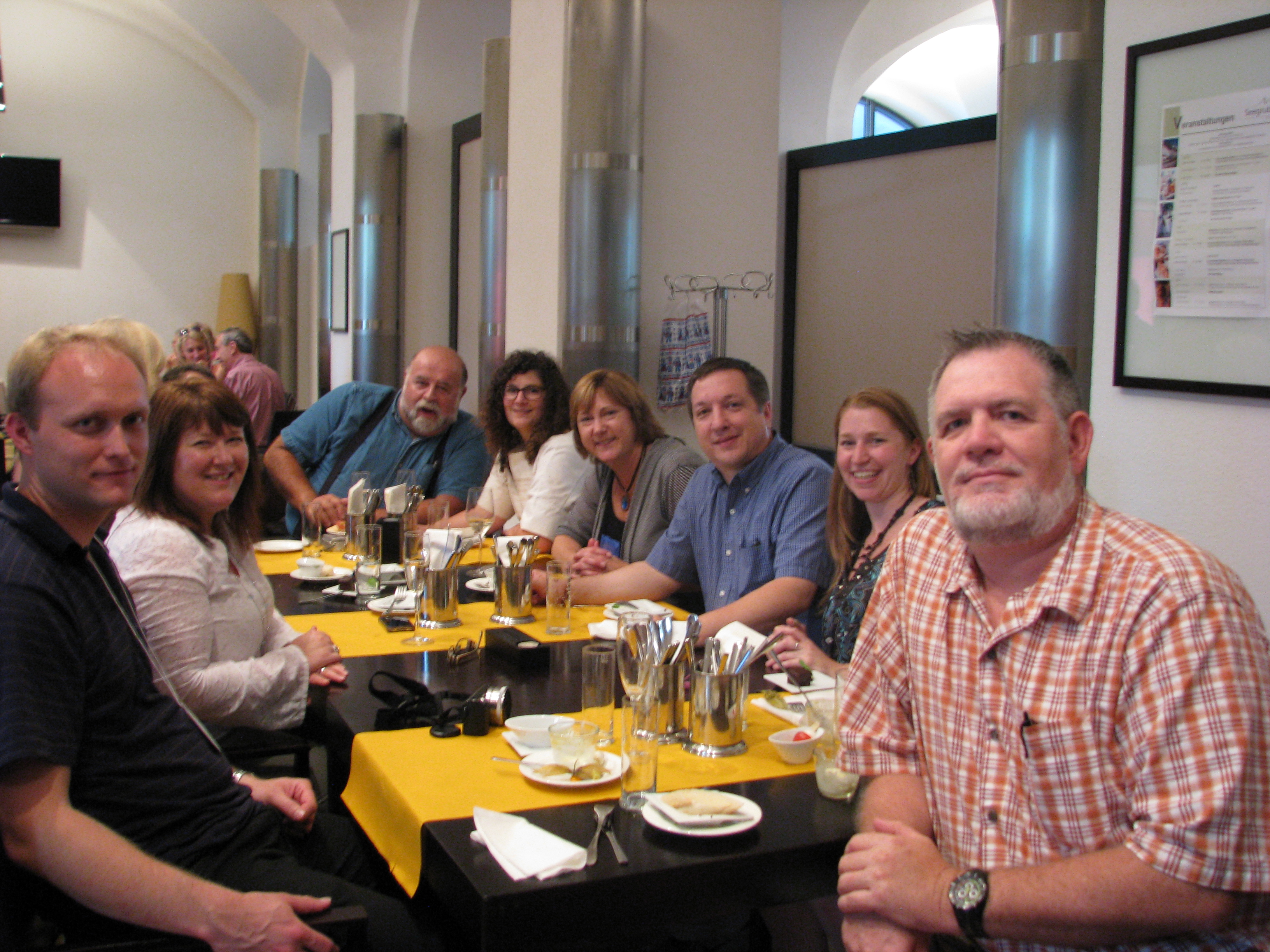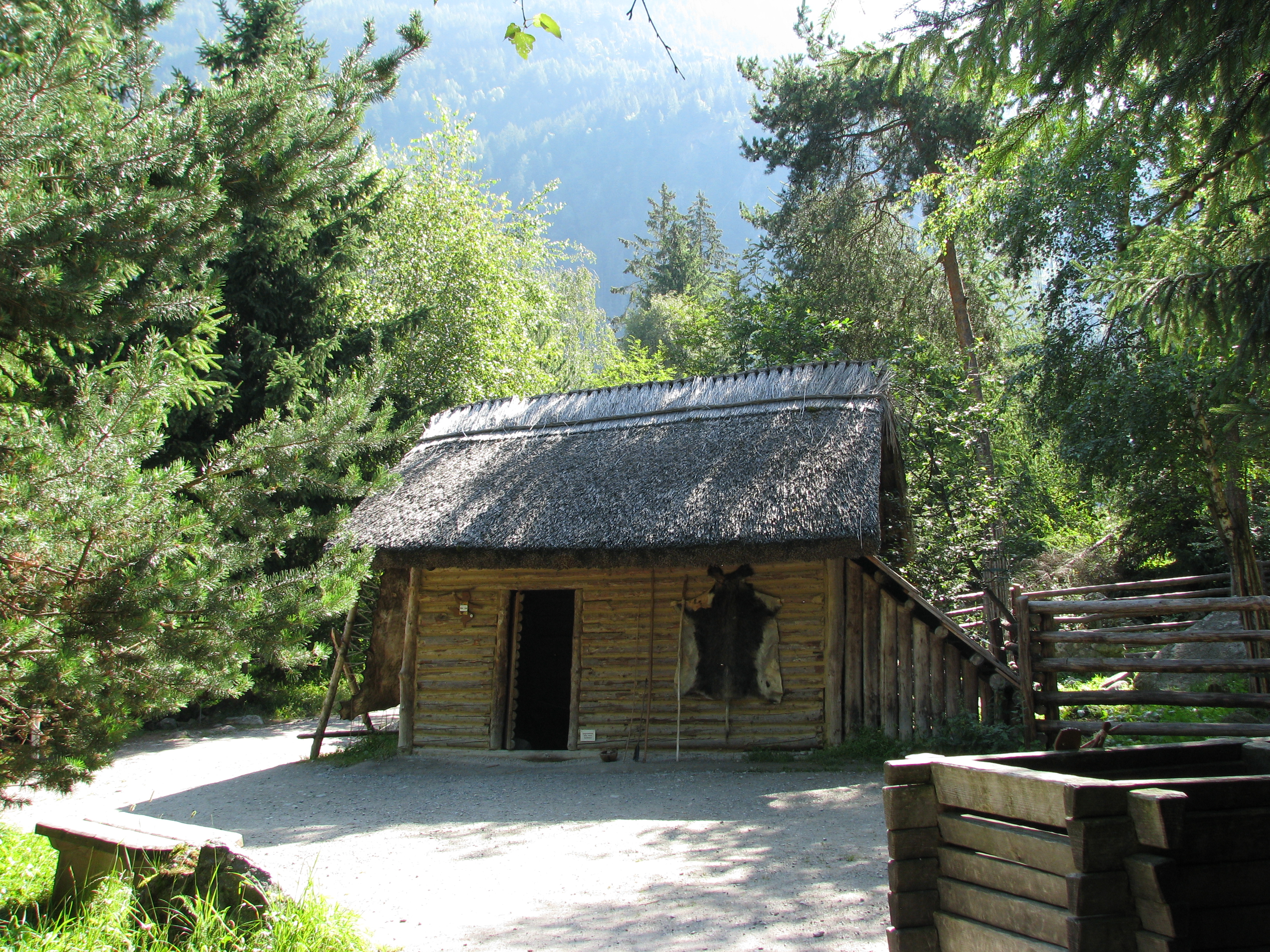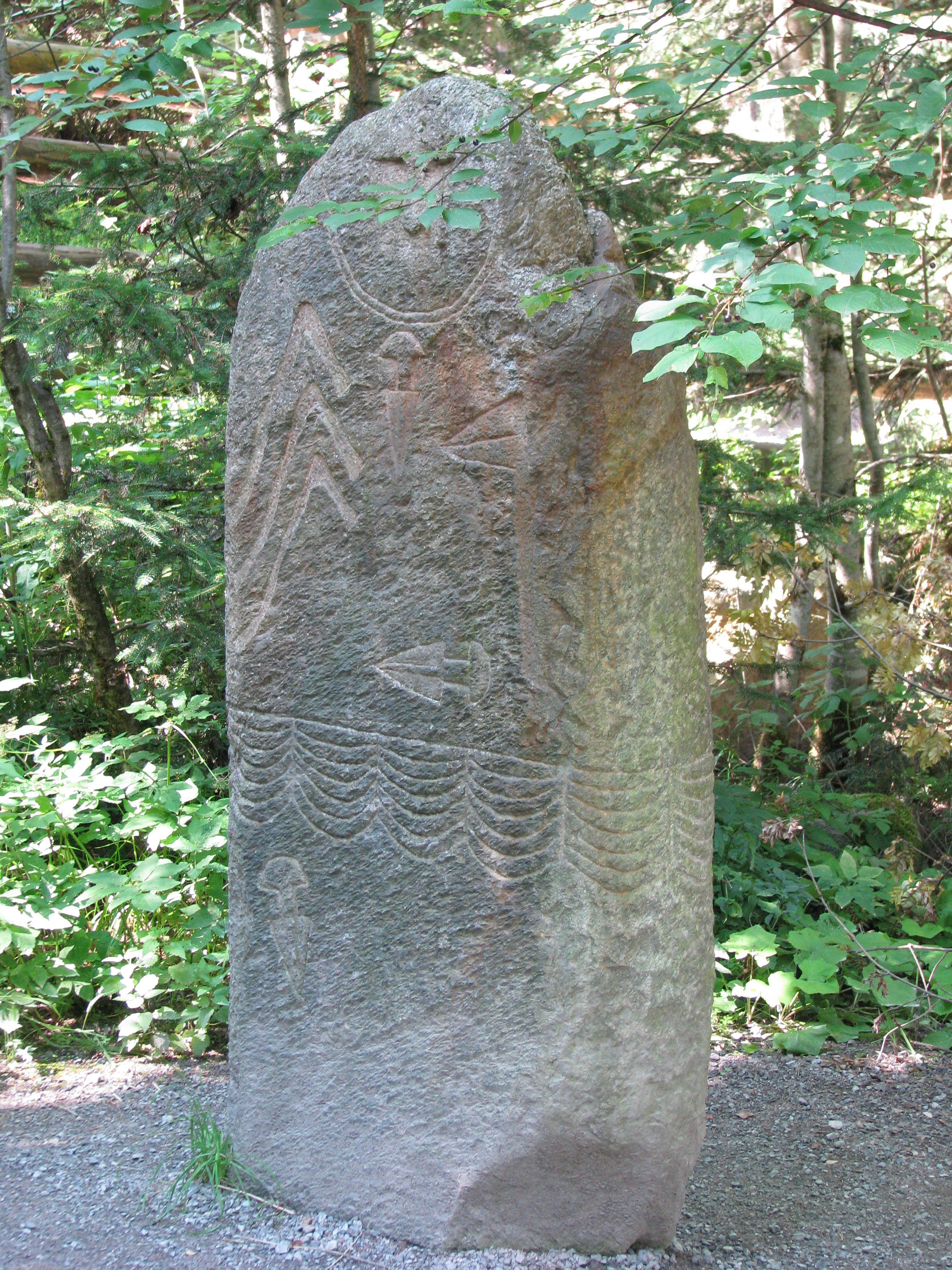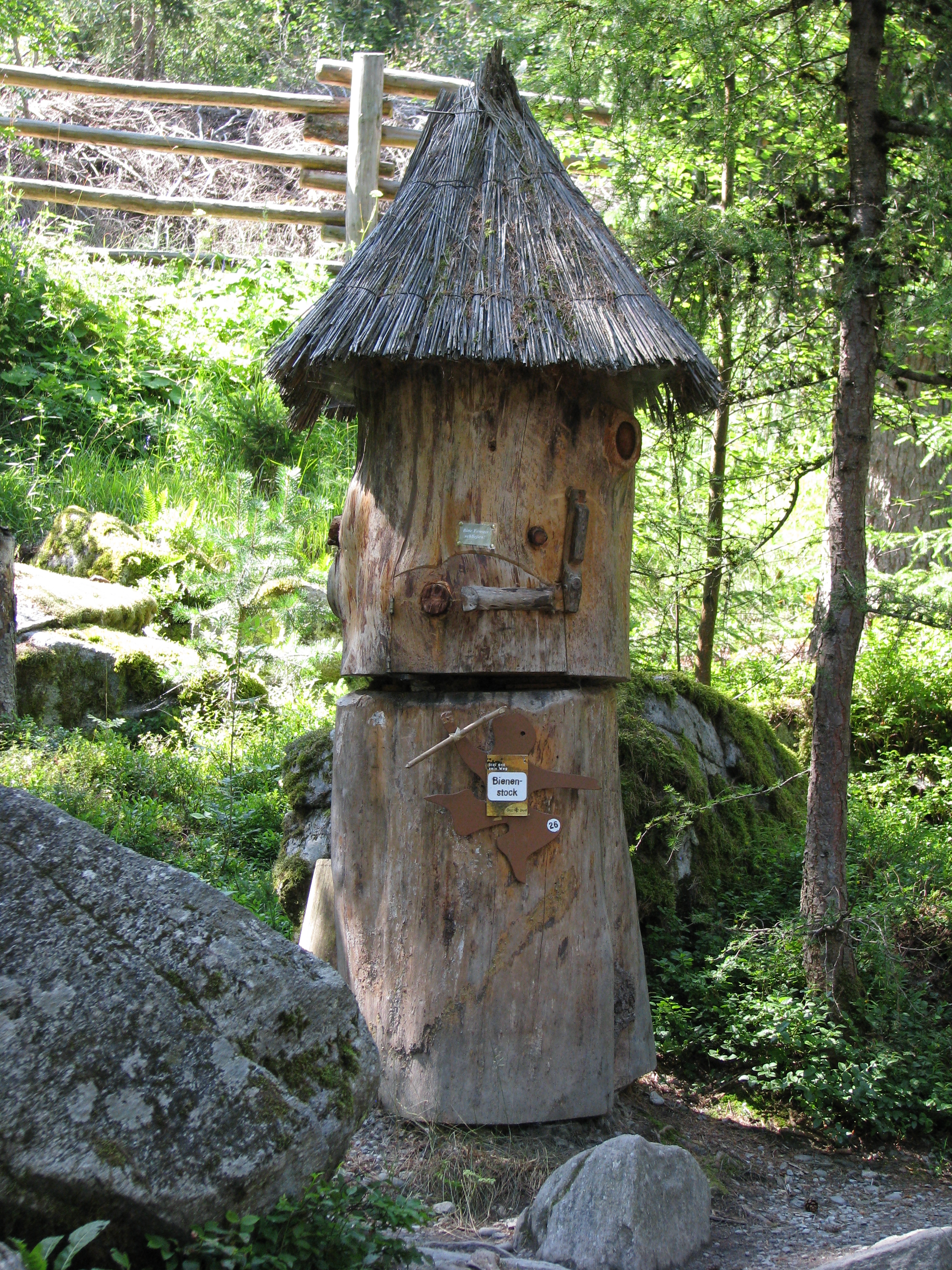International Conference on Improving University Teaching
37th Annual IUT Conference
International Conference on Improving University Teaching (IUT) 37th Annual Conference
The International Conference on Improving University Teaching (IUT) offers the opportunity
for participants from across the globe to share practices, discoveries, and challenges
in improving the effectiveness of postsecondary teaching and learning. The IUT Conference
examines topics relevant to students, faculty, and staff in higher education as well
as to representatives of business and organizations concerned with higher education.
IUT emphasizes dialogue and sharing among conference participants through provocative
keynote addresses, interactive theme sessions, workshops, concurrent sessions, poster
presentation, and expert panel discussions. The conference offers further opportunities
for international exchanges during the coffee breaks, lunches, and evening social
events.
Conference Theme
Students success in transferring what they know to their activities in the real world
ia a key test of higher education. What matters most is not how well students do in
school, but how they are prepared for what awaits them afterwards. This year's IUT
theme explores how innovative teaching and assessment can better assist students to
meet the realities of a changing work environment. Four sub-themes underlie the overall
topic. They included: the latest research on knowledge transfer; case method teaching;
evidence-based learning; and assessment outside the box.
One promising approach is to build more practical experience into classroom instruction.
Techniques such as the case method, evidence-based learning, and projects undertaken
in conjunction with specific courses are all means to this end, as are internships
and research projects. Assessing student performance on concrete tasks and frequent
feedback are also critical tools.
Thoughts from Dr. Pamela Louderback
My experience at the IUT 2012 Conference
The international conference on university teaching offered exciting keynote addresses,
interactive theme sessions, workshops, concurrent sessions, poster presentations,
and expert panel discussions over a three day period. IUT offered opportunities to
share research on knowledge transfer and practical suggestions on techniques that
work to deepen student understanding and hence their ability to put what they know
to work.
On the first day, I attended the opening plenary entitled International Perspective
on Building Collaborative Frameworks where a panel of experienced educators from
institutions around the globe addressed how collaborations that promote student learning
are facilitated in their classrooms. The dialogue provided both a framework for adapting
collaborations in the classroom and specific examples of how to incorporate the use
for collaborative activities into the classroom. I also attended several sessions
that focused on changing practices in improving teaching. And on new lessons learned
about what key strategies really work today. In one sessions entitled Faculty Development
/ Academic Staff Development (ASD): A trigger for the Shift from Teaching to Learning
the session presented data that In Germany the shift from teaching to learning is
the focus of innovative teaching (e.g., output orientation, employability, mobility).
A summary of factors contributing to the present boom in Faculty Development ASD was
also discussed.
On day two, I attended several paper sessions that reported the reflective habits
of students in a problem-based learning environment Factors the Promote or Inhibit
Reflective Habits in my Students , an interactive session that explored various ideas
for how to embrace online forums as a means of encouraging and building students
critical reflection skills, Building a Community of Reflective Learners with Online
Threaded Discussion Forums , and a paper that described a self-reinforcing knowledge
and skills transfer framework in a blended-learning business communication class,
Multi-level and Multi-Directional Knowledge Transfer in a Blended Learning Environment
On the final day, Rick and I presented a 60 minute workshop based on the IMLS grant,
Using Blackboard Collaborate to Create Cultural Connections where we explored how
innovative teaching and learning tools can better assist graduate library students
to meet the realities of a changing work environment. This workshop offered opportunities
to share practical suggestions on the transfer of knowledge on the techniques that
work to deepen student understanding from a cultural context. Additionally, I attended
a session on how faculty must first engage students and then make learning relevant
by using realistic case studies, innovative activities, and technology tools to help
transfer academic knowledge into life-long, career applications, entitled 50 Ways
to Leave Your Lectern: Teaching Strategies to Engage Today's New Student in Knowledge
Transfer .
Attending this conference gave me an opportunity to learn a variety of ways to explore
grounded, creative, and practical teaching strategies that facilitate and foster knowledge
transfer while providing an opportunity to exchange information on the IMLS project.
Thoughts from Mr. Rick Shelton
Traveling to the Otzidorf cultural village was a wonderful experience. The open-air
archaeological park in Umhausen, Austria gave me the chance to compare the two open
air museums, the Cherokee Heritage Center and Otzidorf, and experience the similar
cultural aspects found in each village. I was surprised at just how similar the two
villages were in regard to the exhibits and presentation. With the two villages an
ocean and centuries apart in time, the way that Otzidorf was set up, paralleled the
Cherokee center in many ways. Each presents the everyday living village of the people
with everything from tool making, living quarters, cooking, hunting and culture. From
the flint knapping to the bow construction and bakery, the guided tour we experienced
allowed us to look into the historical and cultural lives of the Neolithic people
living in the area.
I was truly amazed in the similar tools used for hunting, fishing and everyday life
found in each exhibit. While the techniques in constructing the tools might be different
in each village the basics were very much the same and this allowed me to see how
the two cultures separated by centuries and an ocean, developed along parallel paths.
At both villages I was able to look at the construction of the bows used by the two
cultures and even shoot them at the archery range. Each of the bows were similar with
the Otzidorf bow having a bit of a recurve shape to it compared to the self-bows at
the Cherokee village. The techniques presented for the dugout canoe were very close
and the housing was similar. While the Cherokee Village housing was much more modern
in design, the basic layouts and construction from logs remained the same with the
Cherokee houses having fixed chimneys while the Otzidorf houses used open fire pits.
As a cultural experience it was wonderful to experience the two cultures and be able
to picture them side-by-side in my mind.





